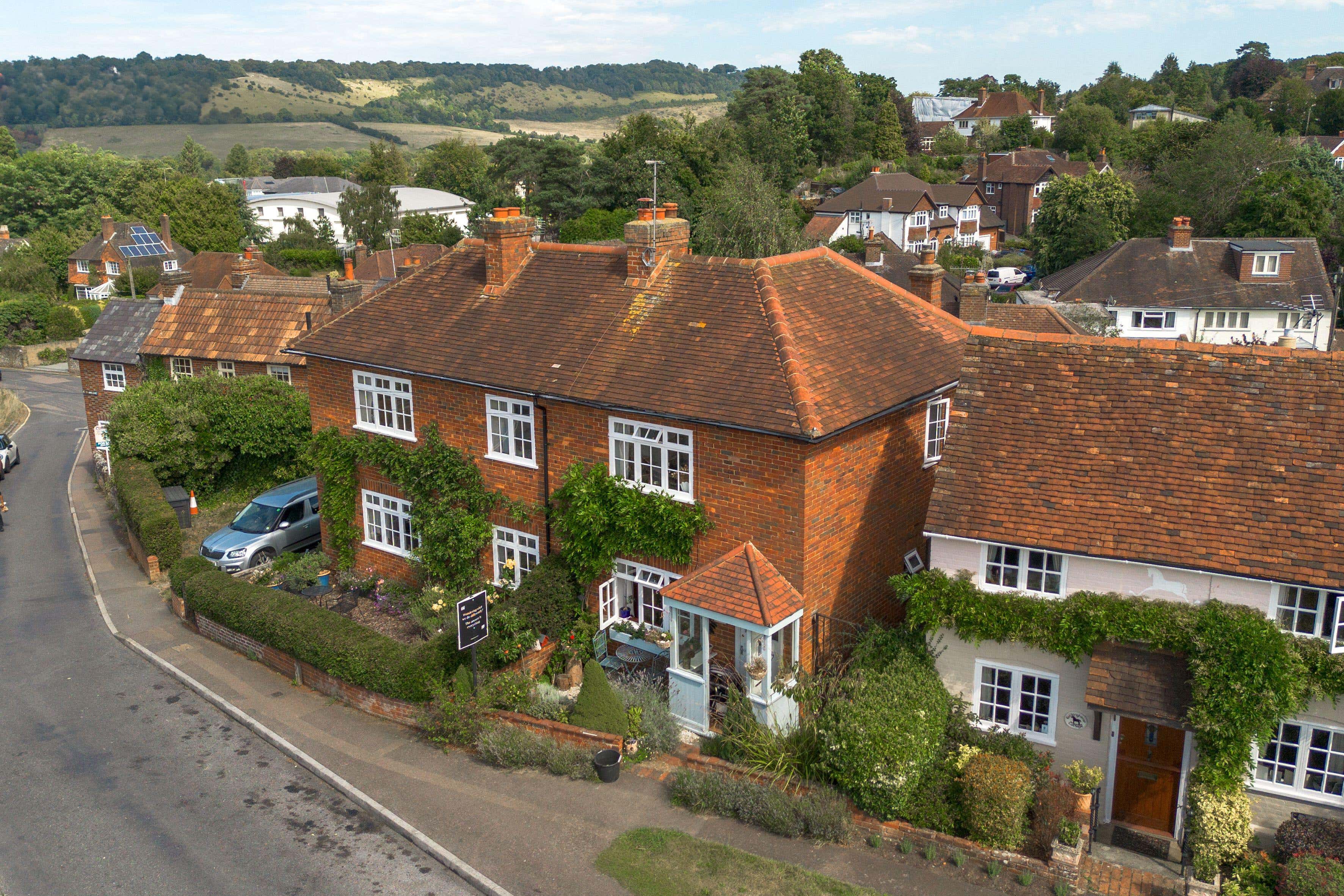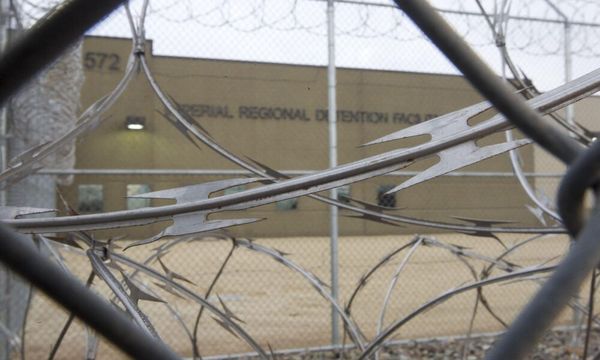The government have been warned that people in rural areas who pay council tax will contribute “unfair” levels of funding for services.
Councils councils say that money will be used for urban communities under proposed government reforms.
Large rural authorities have also highlighted that maximum council tax increases will be needed to deliver necessary core budget increases for essential services over the next three years.
Although, in its submission to the government’s consultation on planned reforms, known as the “fair funding review 2.0”, the County Councils Network (CCN) said the proposals were “better than feared”.
The network welcomed some elements that determine funding levels, such as an indicator for remoteness and a new formula for social care and school transport allocations, which it said “better recognise the needs” of the 38 county areas.
But CCN called on the government to reconsider its broader approach, insisting the proposals “place a disproportionate burden on council taxpayers in county areas to fund local services and redistribute funding to urban areas”.
Modelling showed that under the proposals £1.6 billion in council tax income generated in county areas will be redistributed across the country.
This is due to a decision by ministers to include 100 per cent of local council tax receipts when allocating funds in a bid to “equalise” revenue across the sector, in a departure from the previous approach which took in 85 per cent.
CCN said this means 32 of the 38 county and rural authorities will lose an additional £400 million in a process that would represent an “overwhelming” benefit for urban metropolitan boroughs.
The analysis showed 22 authorities will receive increases in direct government funding totalling £845 million under the plans.
But on average these councils will receive 70 per cent of their overall increase in core spending power, the official measure of funding available for services, from council tax rises specifically.
In addition, 16 other councils, including some located in the North and the Midlands, will experience funding cuts totalling £470 million.

With no increase in direct government funding, the entire increase in core spending power for these authorities will come from council tax rises, CCN said.
“One third of council tax income raised in these areas over the three-year period is needed to offset cuts to funding and prevent them falling below a proposed 0 per cent funding floor,” the network added.
Across all 38 county and rural unitary councils, direct grant funding will increase by £374 million, with 90 per cent of the total uplift in core spending power coming via maximum 5 per cent annual council tax rises.
The modelling suggests this scenario is in stark contrast to the impact on councils in urban areas, with nearly 50 per cent of metropolitan authorities’ extra resources coming from additional grant funding of £1.2 billion over three years.
Overall, in the absence of maximum annual council tax rises over the period, the analysis showed 33 of the 38 county and rural unitary authorities would experience a real-terms reduction in funding, CCN said.
The new government grant would fund just 9 per cent of the estimated £4.4 billion increase in the cost of providing services in county and rural areas over three years, while the boost in Government funding for metropolitan authorities would fund half of the total £2.4 billion increase in estimated costs of services in those areas.
CCN said it is “simply unrealistic” to expect some of England’s largest social care councils to “provide life critical services while receiving deep cuts in government grant” and called for “significantly” more funding to prevent “unsustainable cuts”.
Chairman of the CCN Tim Oliver said: “Some 16 county and rural councils across the length and breadth of the country will see reductions in grant funding, while the government’s proposals place a disproportionate burden on council taxpayers in county areas to fund local services and redistribute funding to urban areas.
“Those facing cuts in government funding will inevitably have to reduce vital frontline services, while the reliance on council tax rises leaves even those with modest funding increases facing an extremely challenging funding outlook.
“While we recognise the need to take account of how much councils raise in local taxation, the government’s proposals to fully equalise unfairly redistribute hundreds of millions of local council tax to other areas, while weakening the incentive to build homes.”
Sir Stephen Houghton, chairman of the Special Interest Group of Municipal Authorities, backed the government’s approach.
He said: “It is absolutely right that any new funding system must fully reflect the wide disparities in councils’ ability to raise income through council tax.
“The failure to do so over the past decade has led to disproportionately deep cuts in the most deprived areas, worsening inequality across the country.”
The government’s consultation on the reforms closed on Friday.
A Ministry for Housing, Communities and Local Government spokesperson said: “We do not recognise the (CCN) analysis. The current, outdated way in which local authorities are funded has left communities behind and damaged local services.
“This must change and is why we are taking decisive action as part of our Plan for Change to reform the funding system so we can improve public services, while maintaining the previous government’s referendum threshold on council tax rises so taxpayers have the final say and are protected from excessive increases.”
Conservative leader Kemi Badenoch said: “Yet again the Labour government are showing utter contempt for people living in rural Britain.
“The family farms tax has been devastating for British farming and scrapping the rural services grant has put rural councils under enormous pressure. Now this latest spiteful change will steal more money out of the hands of county councils and send it straight into Labour-run urban areas.
“Only the Conservatives are serious about standing up for our rural communities”
Liberal Democrat local government spokeswoman Vikki Slade said the reforms could be severely detrimental to some areas.
Ms Slade said: “Councils across the country are already teetering on the edge after years of Conservatives’ neglect of local funding and services – from bus services cuts in rural areas to the rising costs of social care. These ill-thought-out reforms only risk leaving parts of the country significantly worse off.
“To truly help local authorities, the government should urgently look at supporting councils who receive the least grant funding and those that face additional pressure on services in rural and coastal areas, to help them with spiralling costs.”
Swinney says SNP majority at Holyrood could make second referendum a ‘reality’
MP says taxi use recommended by Parliament as expenses watchdog launches inquiry
EuroMillions record-breaking £210m jackpot won by lucky lottery ticket holder
Late Queen ‘refused to open airport terminal’ after relative stopped with guns
Wetherspoons manager sacked for giving colleague half-price chicken set to get payout
Hollyoaks star calls on late mother’s friends not to attend stepfather’s funeral






